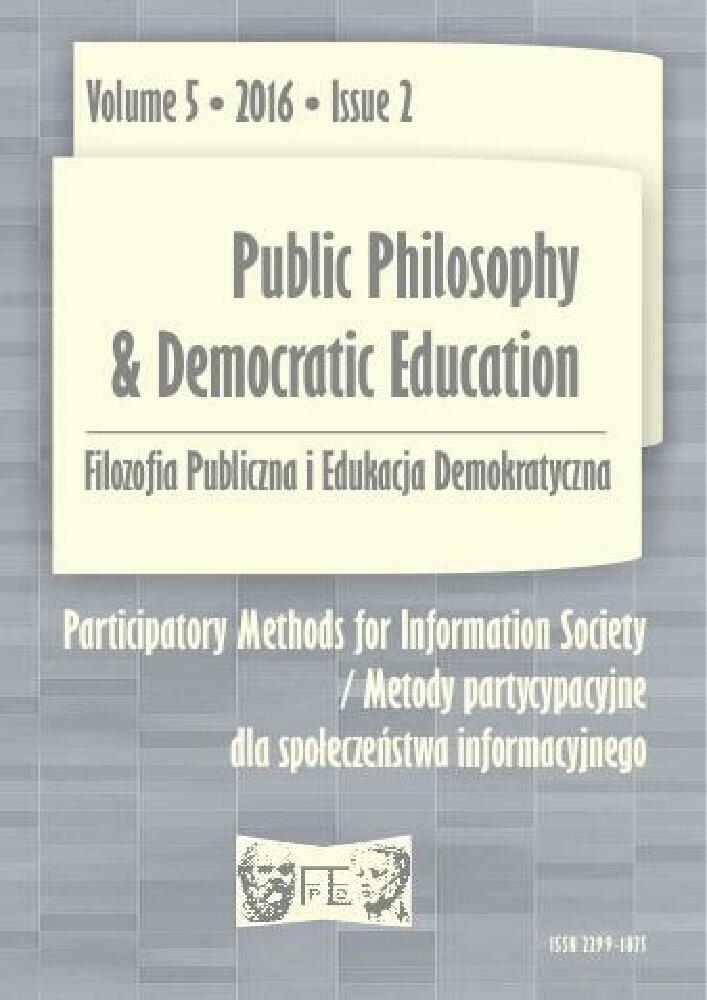Abstrakt
Socio-economic development rests upon many factors, among which the intangible factors, especially social and human capital, gain in importance. The development of the capital should take place through shaping of a wide range of competencies, with social competencies being those of crucial importance. It seems that in the nearest future, not only a high level of employees’ knowledge and abilities will be the key to functioning of establishments but also proper interpersonal behaviour and attitude. The article thus explains how the competency paradigm contributes to the progression of those abilities that are vital to socioeconomic development.
Bibliografia
Arnold, R. (1997). Von der Weiterbildung zur Kompetenzentwicklung. Neue Denkmodelle und Gestaltungsansätze in einem sich verändernden Handlungsfeld. Kompetenzentwicklung, 97, 253-307.
Boni, M. (Ed.) (2013). Polska 2030. Trzecia fala nowoczesności. Długookresowa Strategia Rozwoju Kraju. Warszawa: Kancelaria Rady Ministrów.
Edvinsson, L., Malone, M.S. (1997). Intellectual Capital, London: Piatkus.
European Commission/EACEA/Eurydice (2013). Education and Training in Europe 2020: Responses from the EU Member States.
Eurydice Report. Luxembourg: Publications Office of the European Union.
European Commission/EACEA/Eurydice (2014a). Modernisation of Higher Education in Europe: Access, Retention and Employability,
Eurydice Report. Luxembourg: Publications Office of the European Union.
European Commission/EACEA/Eurydice (2014b). Financing Schools in Europe: Mechanisms, Methods and Criteria in Public Funding, Eurydice Report. Luxembourg: Publications Office of the European Union.
Grootaert, C., Narayan, D., Jones, V. N. Woolcock, M. (2004). Measuring Social Capital: An Integrated Questionnaire, Washington D.C.: World Bank Publications.
Kietliński, K. (2007). Rola czynnika moralnego w budowaniu gospodarki opartej na wiedzy. Nierówności Społeczne a Wzrost Gospodarczy, 10, 36–51.
OECD (2005). The Definition and Selection of Key Competencies. Executive Summary. http://www.oecd.org/pisa/35070367.pdf, accessed 5.11.2016.
Oleksyn, T. (2014). Managerism and Managers – Descending from Olympus. In: F. Bylok, I. Ubrežiovà, L. Cichobłaziński L. (Eds.). Management and Managers Facing Challenges of the 21st Century. Theoretical Background and Practical Applications (pp. 13 23). Gödöllö Hungary: Szent Istvan Egyetemi Klado.
European Parliament, Council of the European Union (2006). Recommendation of the European Parliament and of the Council of 18 December 2006 on key competences for lifelong learning (2006/962/EC). OJ L 394, 30.12.2006, 10–18.
World Economic Forum (2016). The future of jobs: Employment, skills and workforce strategy for the fourth industrial revolution. Geneva: World Economic Forum.
World Bank (1995). Monitoring environmental progress: a report on work in progress. ESSD Environmentally & Socially Sustainable Development Work in Progress. Washington, D.C.:The World Bank.
Licencja
Prawa autorskie (c) Autorzy zachowują prawa autorskie i prawa do publikacji swoich artykułów w tym czasopiśmie, przyznając czasopismu prawo do ich rozpowszechniania na warunkach CC BY-NC-ND 4.0
